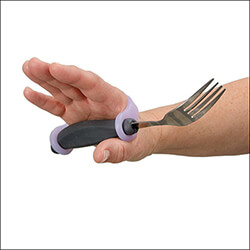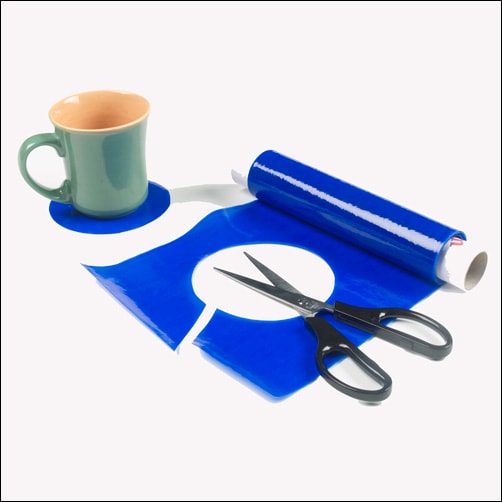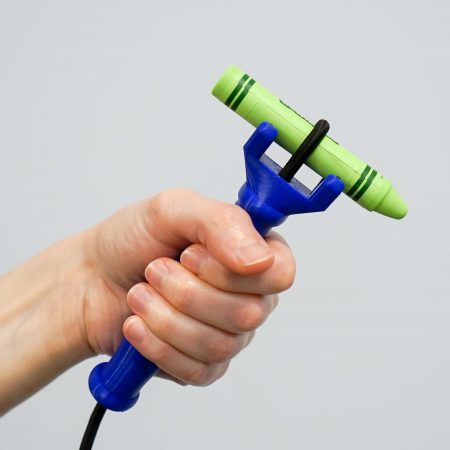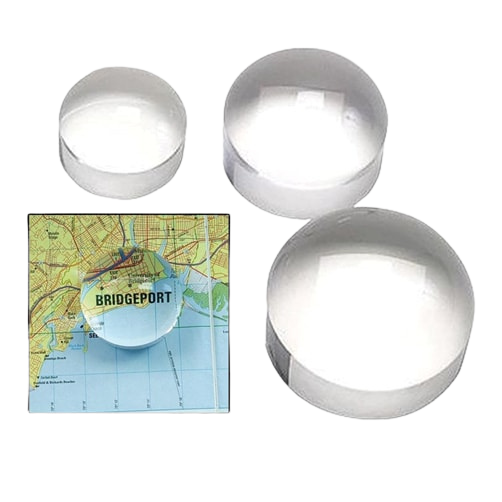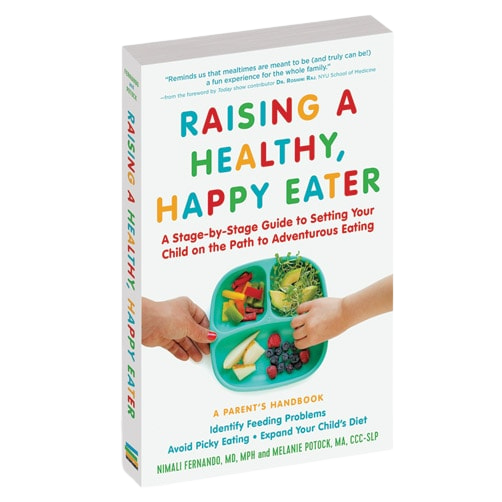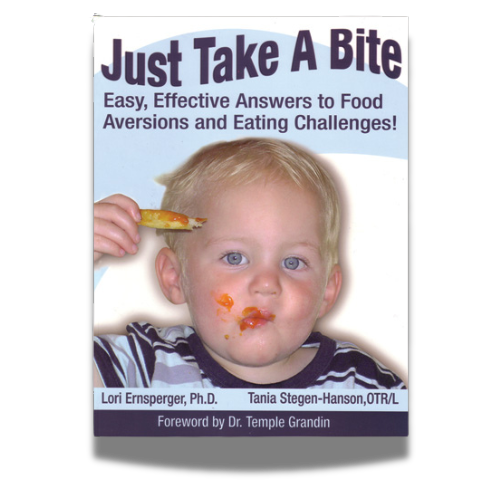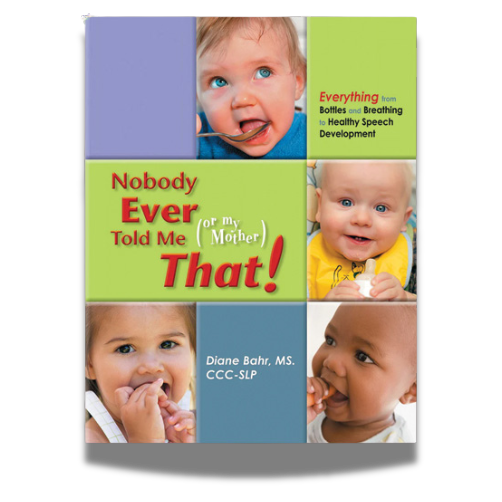As the new school year approaches, setting up an effective, sensory-friendly, home learning environment is essential for your child’s success. A well-organized and sensory-friendly space can enhance focus, reduce stress, and make learning more fun. Adapting a learning environment to your child’s specific needs and learning style are crucial elements for a happy, productive learning experience. Therapro offers a wide range of products designed to meet the unique needs of every child, ensuring a smooth and successful back-to-school transition. Here are 5 strategies that will help your child sail smoothly into Fall:
1.) Designate the Ideal Learning Space: Choosing the right location for your child’s learning space is the first step. It should be quiet, well-lit, and free from distractions, such as visual clutter and noise. Ergonomic furniture is essential to ensure comfort and proper posture during study sessions. Therapro’s seating solutions, including Kore Kid’s Wobble Chair and Wiggle Seat Sensory Cushions, are perfect for creating a customized learning environment that grows with your child. Choose from several different sizes of the Wobble Chair to accommodate your child’s height while allowing movement back and forth, front to back, and all around without tipping. The Wiggle Seat comes in 4 colorful shapes to help your child stay focused and stable when seated.
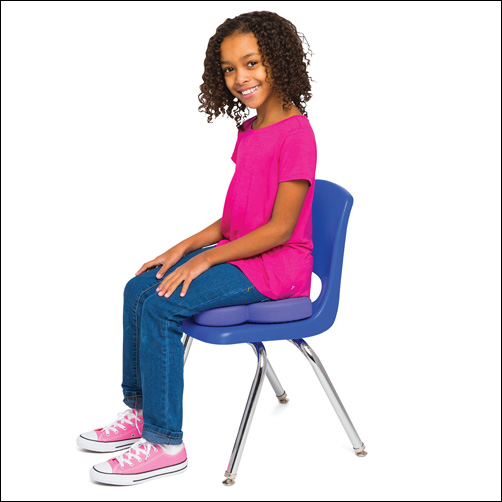
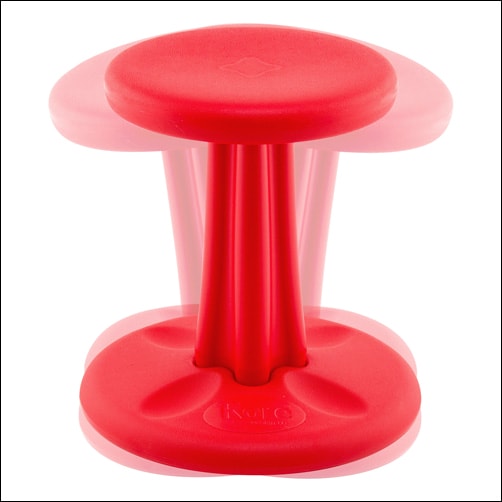
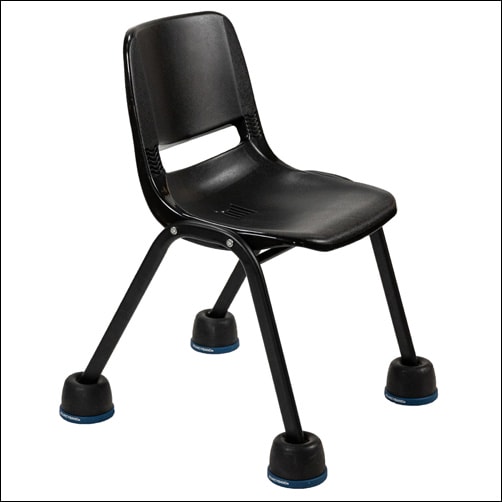
2.) Provide Organizational Tools for Success: Organization plays a key role in effective learning. A consistent routine helps children feel secure and understand what to expect each day. Establishing a daily schedule that includes time for learning, breaks, and play is essential. Visual schedules, planners, and other organizational tools help children understand their daily tasks and manage their time efficiently. Therapro offers a variety of these tools from SchKiDules that are engaging and easy to use. The magnetic 2-Sided Star Board is a versatile tool that unfolds into three 6 inch panels to build a daily visual schedule. Time Timer Original 3-inch timer provides a 60 minute countdown to keep your child on track.
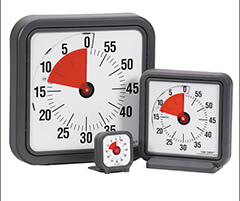
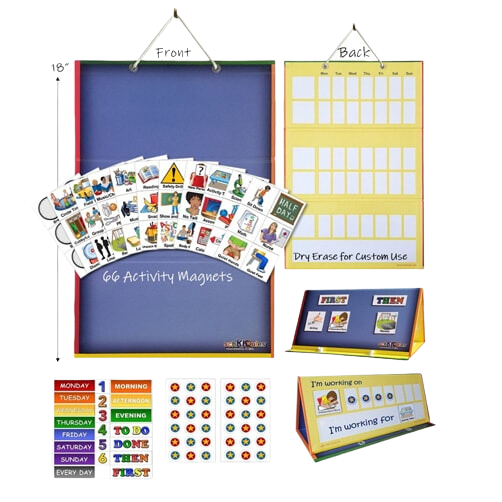
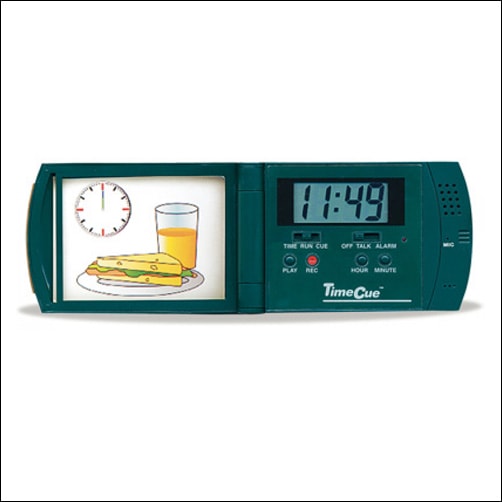
3.) Set Up a Sensory-Friendly Environment to Enhance Focus and Attention: Many children benefit from a sensory-friendly learning environment. Addressing sensory needs can help improve focus and reduce anxiety. Therapro provides a range of sensory products, such as fidgets, weighted items, and sensory materials to create a calming and supportive space for learning. Be sure to check with your child’s occupational therapist to collaborate on what sensory tools would be best for your child. The weighted Sit -Tight Lap Pad’s gentle pressure helps children achieve calm and focus. It easily fastens around the waist with a clip. The adorable Puppy Shoulder Wrap helps active, younger children stay calm and focused as well.
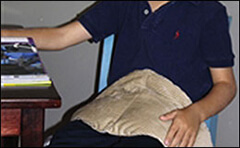
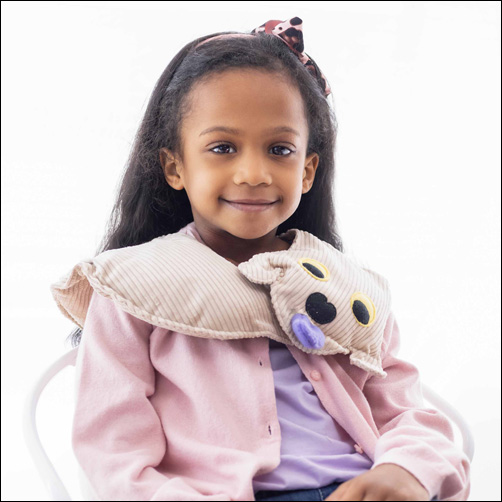
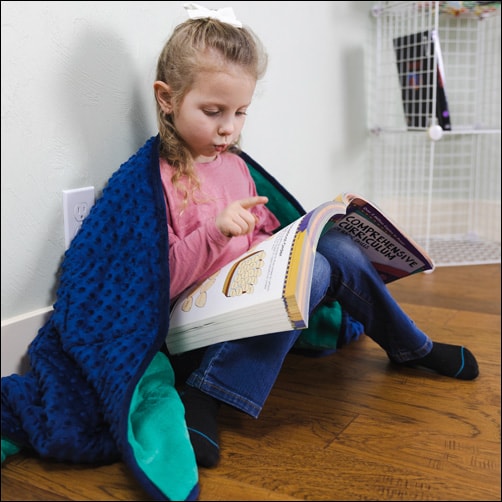
Maintaining focus can be challenging for many children. Simple strategies, like using Noise-Canceling Headphones to block out distractions, or visual timers to manage breaks, can make a significant difference. Therapro’s focus tools, including concentration aids and stress-relief items, are designed to help children stay on task. Universal Bouncy Band for Home and School Chairs is a heavy-duty rubber bungee cord that attaches to chair legs allowing the student to support their feet and move, resulting in greater productivity because they are attending to the task.
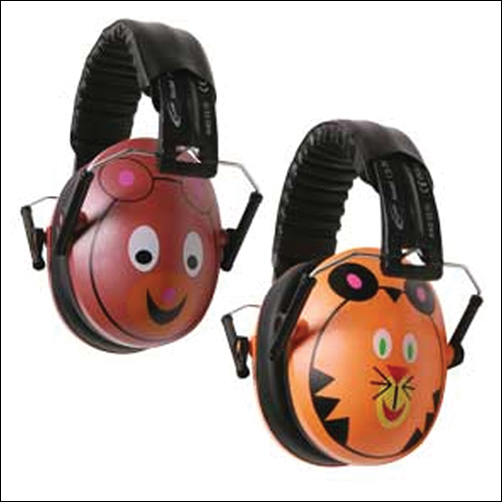
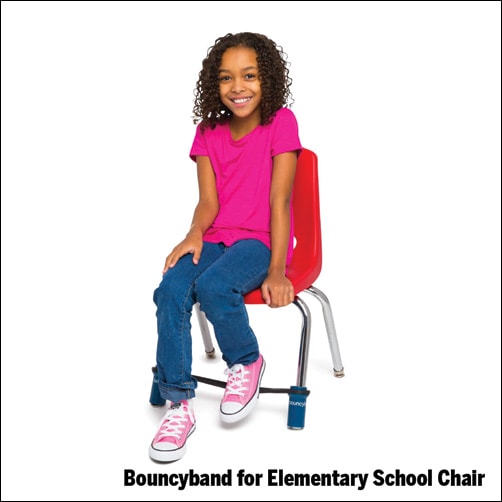
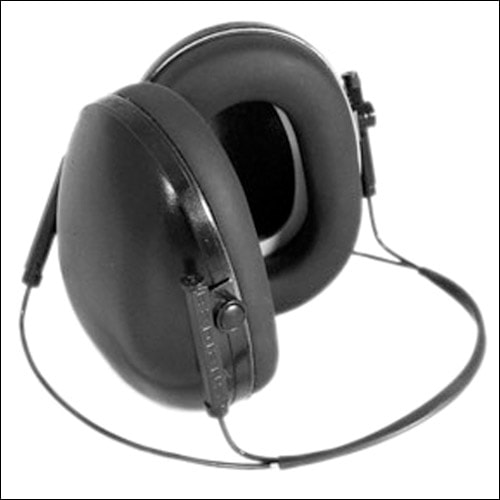
4.) Incorporate Assistive Technology: Assistive technology can greatly enhance a child’s learning experience. Therapro offers a variety of technological aids that cater to different learning needs and styles. These tools not only support academic success but also boost confidence and independence. The compact GoTalk Button records a 10 second message and has a built-in magnet for display on the refrigerator or on any metal surface. Teaching Rings is a tool that provides a fun new technique in teaching and keyboarding or touch typing skills for all ages and skill levels. The child wears 8 teaching rings to teach them the “Home Row” of keys where fingers should always rest when not typing. As the child learns all the keys that each finger types, they can remove the rings.
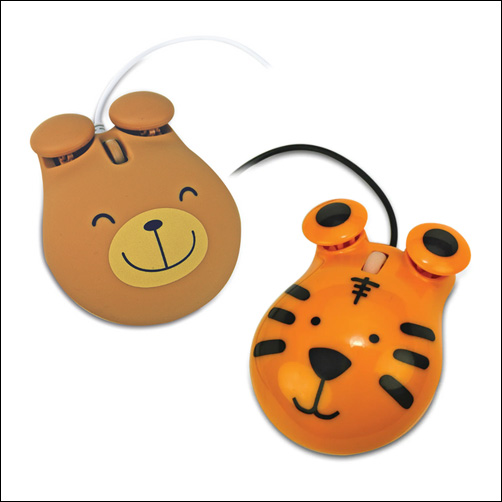
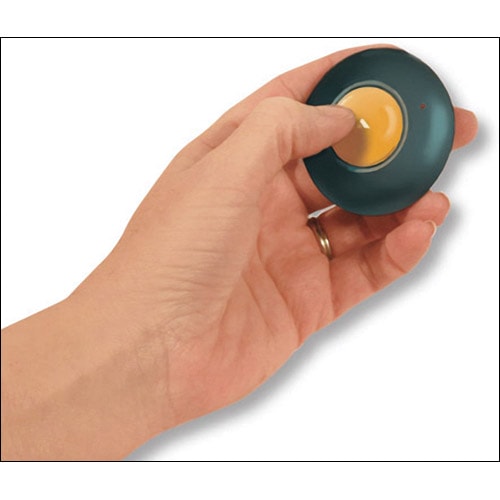
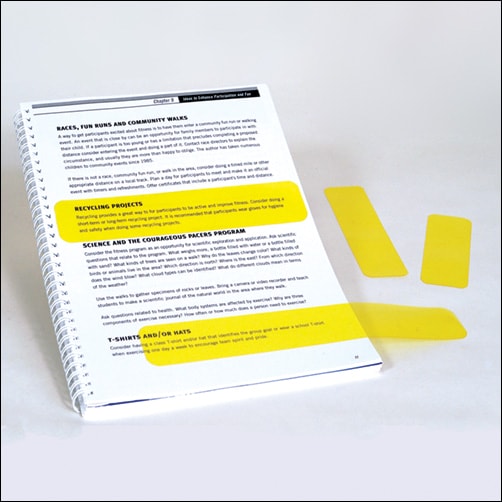
5.) Offer Parental Involvement and Support: Parents play a crucial role on the school team in their child’s education. By being involved and providing support, you can help your child navigate challenges and celebrate successes. Therapro offers resources and products designed to support parents in creating a positive learning environment at home. Ongoing consultation with your child’s teachers and occupational therapists can help guide you in selecting the best tools for your child’s learning environment at home.
A well-organized, sensory-friendly, and technology-equipped home learning environment can significantly impact your child’s academic success. By exploring and incorporating Therapro’s extensive range of products, you can tailor a positive learning space that meets your child’s unique needs and fosters a love for learning.
Guest Blogger: Filomena Connor, MSOT – Retired

